Global Mechanical Locks Market - Comprehensive Data-Driven Market Analysis & Strategic Outlook
The global mechanical locks market and its industry will remain a vital part of security solutions, providing a secure platform for the protection of residential and commercial areas. Even as the digital world moves forward with new technologies, mechanical locks will not be obviated, as they provide a sense of touch and trust that electronic options cannot match. Its form and long-term durability will remain the only choices for those placing a value on reliability over all else.
- Global mechanical locks market valued at approximately USD 8298.1 million in 2025, growing at a CAGR of around 4.8% through 2032, with potential to exceed USD 11526.2 million.
- Padlocks account for nearly 19.5% market revenues, driving innovation and expanding applications through intense research.
- Key trends driving growth: Persistent demand for reliable, low-cost physical security in residential and commercial sectors., Renovation and construction booms driving installation of new hardware.
- Opportunities include Integration with hybrid systems that combine mechanical robustness with electronic access logs.
- Key insight: The market is set to grow exponentially in value over the next decade, highlighting significant growth opportunities.
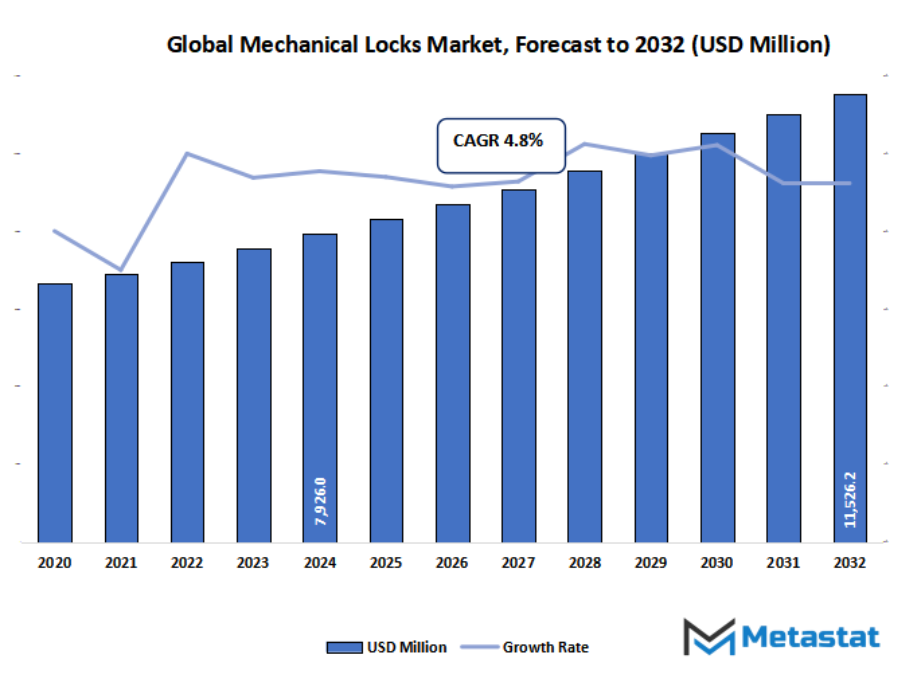
Could shifting client options towards clever access solutions disrupt the lengthy-status dominance of conventional mechanical locks, and the way might producers innovate to live relevant as digital adoption hastens; what untapped opportunities exist in rising markets where affordability and reliability nevertheless make mechanical locks the desired preference; and how may want to international deliver chain pressures or uncooked material prices reshape the aggressive panorama for lock makers within the years in advance?
Outside of current application, the market will not only be associated with conventional door locks but will also find itself impacting new uses that weigh functionality against design. Mechanical locks will be incorporated into industries that appreciate heritage and physical security, including heritage structures, museums, and areas with slow digital uptake. The market will also see changes in aesthetics and materials, evolving to suit demands for style and resilience. Designers will try out finishes and shapes that enable locks to double as protective features and visual embellishments, heightening their visibility in contemporary architecture.
Future directions of this market will involve much more than withstanding technological displacement, but more about placing mechanical solutions complementary to digital systems. Hybridizing will emerge where there are side-by-side mechanical and electronic locks, providing multiple layers of protection. This will enable the industry to stay current while working in the background to support more sophisticated infrastructures.
Geographic Dynamics
The global mechanical locks market will continue to be important because security is a concern for families, enterprises, and institutions in various regions. Although technological options increase, mechanical locks remain dependable, easy to use, and economical and remain a reliable option globally. The market is influenced by not just end-user demand but also cultural influences, governmental regulations, and the rate of city development in various regions worldwide.
In North America, the US, Canada, and Mexico drive the market through use across residential and commercial areas. The market in this vicinity appreciates rugged and certified locking systems, specifically in industries wherein security guidelines are strictly followed. Europe, together with the United Kingdom, Germany, France, Italy, and others, is where lock production has a protracted record, and this legacy maintains to drive demand. The clients in Europe tend to pick state-of-the-art designs with proper aesthetics, giving the region's market a special taste.
Asia-Pacific is a rapidly growing area, with India, China, Japan, South Korea, and different nations main greater demand. Urbanization, greater construction initiatives, and population increase assure mechanical locks continue as a low-cost protection answer. In rural and semi-urban settings specifically, mechanical locks are desired due to the fact they may be cost-effective and easier to function than sophisticated digital systems. That combination of heritage and capability will maintain Asia-Pacific a big pressure in international increase.
South America, dominated by Brazil and Argentina, also indicates sustained demand, albeit with the market being driven by economic stability as well as consumer buying power. In contrast, the Middle East & Africa, such as the GCC Countries, Egypt, South Africa, and others, exhibit increased interest in conventional as well as contemporary security products. In these regions, the convergence of infrastructure expansion and increasing consciousness regarding property security drives the market's growth, thereby ensuring mechanical locks are widely utilized across varied environments.
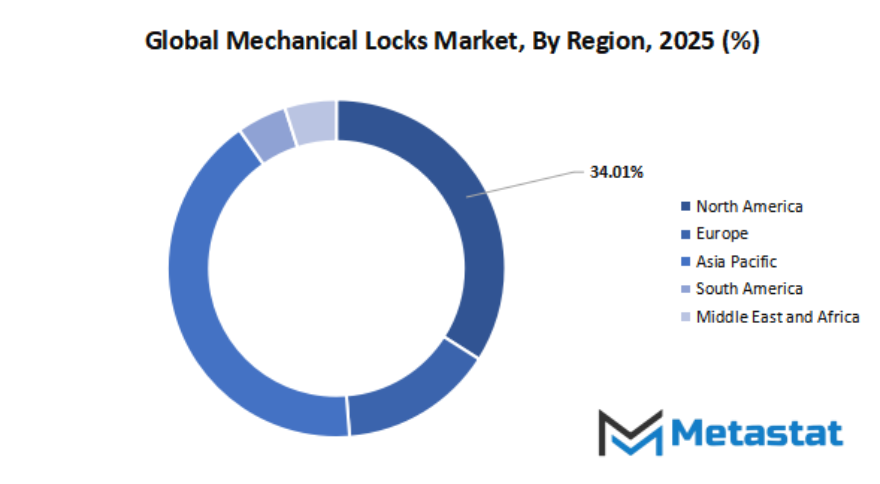
Market Segmentation Analysis
The global mechanical locks market is mainly classified based on Type, Material, Application.
By Type is further segmented into:
- Padlocks - Padlocks in the global mechanical locks market will remain in demand because of their ease of use and portability. As awareness regarding personal protection increases, the technology in padlocks will advance further to be tamper-resistant and yet within reach for regular use.
- Mortise Locks - Mortise locks will become increasingly vital in the global mechanical locks market due to their robustness and longevity. Their secure fitting into doors will ensure that they are the preferred option for contemporary buildings. New designs will encompass sophisticated protective features while retaining conventional mechanical dependability.
- Cylindrical Locks - Cylindrical locks in global mechanical locks market will be in rising demand for doors that need to be installed quickly. They will be easy to replace and highly durable, which will keep demand steady. The market will see new versions that are engineered to fit the safety needs of contemporary offices and institutional buildings.
- Deadbolt - Deadbolts will be a central aspect of the global mechanical locks market because of their robust protective nature. Their applications in protecting entry points will grow as domestic and commercial industries seek cost-effective safety solutions. Future development will enhance resistance to forced intrusion without compromising convenience.
- Others - Other types of locks, such as specialty and custom designs, will still have a place in the global mechanical locks market. Innovative applications in new infrastructure and certain industries will drive demand for creative variations. Expansion will be generated from designs to fit architectural styles and local safety needs.
By Material the market is divided into:
- Stainless steel will reign supreme in the global mechanical locks market due to its long life, corrosion resistance, and durability. The material will be in demand for both indoor and outdoor uses. Its use will increase as green technologies promote the application of robust, recyclable, and low-maintenance materials.
- Copper - Copper-based locks will remain a player in the global mechanical locks market, appreciated for their inherent antimicrobial properties and looks. Their application in high-contact environments will be on the rise, providing functionality and hygiene. Demand will rise where looks are just as essential as wear resistance.
- Iron - Iron locks will continue to be relevant to the global mechanical locks market for budget-conscious consumers. Although not as resistant to corrosion as other materials, iron will still be used in controlled applications. Improved coatings and treatments will increase strength, allowing iron locks to become more versatile for future building requirements.
- Aluminium - Aluminium will be a dominant force in the global mechanical locks market due to its lightness and versatility. Its resistance to corrosion and versatility in design will allow for use in diverse applications. Aluminium locks will experience increased demand in future architectural projects that emphasize efficiency and aesthetics.
- Others - Other materials like composites and alloys will experience increasing applications in the global mechanical locks market. They will meet both strength and design flexibility requirements. With industries testing lighter but stronger alternatives, new lock designs will be offered to cover niche security needs.
By Application the market is further divided into:
- Residential - The residential market will continue to be a key driver for the global mechanical locks market. Increasing populations and urban housing estates will create greater demand for secure door and window systems. Domestic locks will strike a balance between strength and style, providing protection as well as visual impact in the years to come.
- Commercial - Commercial usage of the global mechanical locks market will widen as companies require affordable and long-lasting security solutions. Offices, stores, and schools will keep on using mechanical locks for utilitarian safety purposes. Innovation will be centered on developing effective alternatives that can suit changing building layouts and designs.
- Industrial - Industrial complexes will be responsible for constant demand in the global mechanical locks market because of the need for tough and tamper-resistant locking mechanisms. With industries growing, locks for warehouses, factories, and storage facilities will still be crucial. Advances in the future will make durability and maintenance simplicity even more robust in harsh conditions.
|
Forecast Period |
2025-2032 |
|
Market Size in 2025 |
$8298.1 Million |
|
Market Size by 2032 |
$11526.2 Million |
|
Growth Rate from 2025 to 2032 |
4.8% |
|
Base Year |
2024 |
|
Regions Covered |
North America, Europe, Asia-Pacific, South America, Middle East & Africa |
Competitive Landscape & Strategic Insights
The global mechanical locks market could be pushed by way of a blend of lifestyle and innovation because the need for stable and reliable get entry to answers persists throughout industries and houses. Mechanical locks were favoured in some unspecified time within the destiny in their information for their energy, affordability, and simplicity of use, and that they've remained a reliable preference for residential, commercial, and institutional programs. Notwithstanding the emergence of virtual and smart protection systems, mechanical locks maintain to have a robust following due to the fact they'll be dependable and provide a sense of protection in regions wherein present-day technology are not appreciably embraced. This equilibrium between tradition and need will keep the market relevant in the coming years.
The market is a combination of global leaders and local players, each of which has something to offer in the competition through their respective strengths. Major players like ASSA ABLOY AB, Dormakaba Holdings AG, and Allegion Plc provide global brand recognition, broad product offerings, and the capacity to satisfy different customer needs in quantities. Meanwhile, regional rivals and specialist producers provide customized solutions, commonly serving the needs of local markets with greater ease. This mixture of competition keeps the industry vibrant while providing customers with much scope.
Major players such as Yale Security Inc, Mul-T-Lock, and The Eastern Company established a reputation for dependability, whereas newer entrants such as Nuova Oxidal and AGB – Alban Giacomo are establishing their presence by delivering latest designs and catering to niche areas. Other companies like ECO Schulte GmbH & Co KG, Picard-Serrures, and Dom Ronis also contribute by serving individual markets where brand recognition and trust drive purchases. Collectively, this diverse assortment of businesses demonstrates how mechanical locks remain a subject of innovation even though the industry is mature.
In the future, the global mechanical locks market will not only maintain its relevance but also evolve according to changing customer needs. The mix of major multinational companies such as Spectrum Brands Inc, Winkhaus Austria GmbH, and Kubota Corporation with specialized companies guarantees mechanical locks to be a staple of daily security. Through balancing tradition with incremental innovation, the market will maintain a dominant position in the global security sector.
Market Risks & Opportunities
Restraints & Challenges:
The global mechanical locks market will persist to be challenged by the increasing displacement from electronic and smart locking systems that offer increased convenience. As more individuals and organizations move towards digital access, mechanical solutions will have to protect their place in a technology-based world.
Vulnerability to physical lock-picking, bumping, and forced entry techniques- Another urgent issue for the global mechanical locks market will be susceptibility to physical break-in methods like lock-picking, bumping, and forced opening. Such risks are likely to lead to trust loss among users and push the demand towards alternatives that appear more secure, necessitating more robust mechanical innovation to rectitude confidence.
Opportunities:
Integration with hybrid systems that combine mechanical robustness with electronic access logs. - Upcoming prospects of the global mechanical locks market will be derived through consolidation with hybrid systems that combine mechanical toughness with electronic access logs. These systems will provide the security of physical strength as well as add digital tracking capabilities, both parties in a harmony that can attract security-minded users in residential and commercial environments.
Forecast & Future Outlook
- Short-Term (1–2 Years): Recovery from COVID-19 disruptions with renewed testing demand as healthcare providers emphasize metabolic risk monitoring.
- Mid-Term (3–5 Years): Greater automation and multiplex assay adoption improve throughput and cost efficiency, increasing clinical adoption.
- Long-Term (6–10 Years): Potential integration into routine metabolic screening programs globally, supported by replacement of conventional tests with advanced biomarker panels.
Market size is forecast to rise from USD 8298.1 million in 2025 to over USD 11526.2 million by 2032. Mechanical Locks will maintain dominance but face growing competition from emerging formats.
With sustainability emerging as a global theme, manufacturers will continue to seek out environmentally friendly metals and energy-efficient manufacturing processes, giving another twist to the development of such products. Within this wider context, the global mechanical locks market will place itself securely not as a fossil of the past, but as a reliable friend of the future, constantly evolving while holding on to the firm ground of security that it has long insured.
Report Coverage
This research report categorizes the global mechanical locks market based on various segments and regions, forecasts revenue growth, and analyses trends in each submarket. The report analyses the key growth drivers, opportunities, and challenges influencing the Mechanical Locks market. Recent market developments and competitive strategies such as expansion, type launch, development, partnership, merger, and acquisition have been included to draw the competitive landscape in the market. The report strategically identifies and profiles the key market players and analyses their core competencies in each sub-segment of the global mechanical locks market.
By Type:
- Padlocks
- Mortise Locks
- Cylindrical Locks
- Deadbolt
- Others
By Material:
- Stainless Steel
- Copper
- Iron
- Aluminium
- Others
By Application:
- Residential
- Commercial
Key Global Mechanical Locks Industry Players
- The Eastern Company
- Dormakaba Holdings AG
- Yale Security Inc
- Winkhaus Austria Gmbh
- Allegion Plc
- Picard-Serrures
- ASSA ABLOY AB
- Dom Ronis
- Serrature Meroni Spa
- ECO Schulte GMBH & Co KG
- Spectrum Brands Inc
- Mul-T-Lock
- Nuova Oxidal
- AGB – Alban Giacomo
- Illinois Lock Company



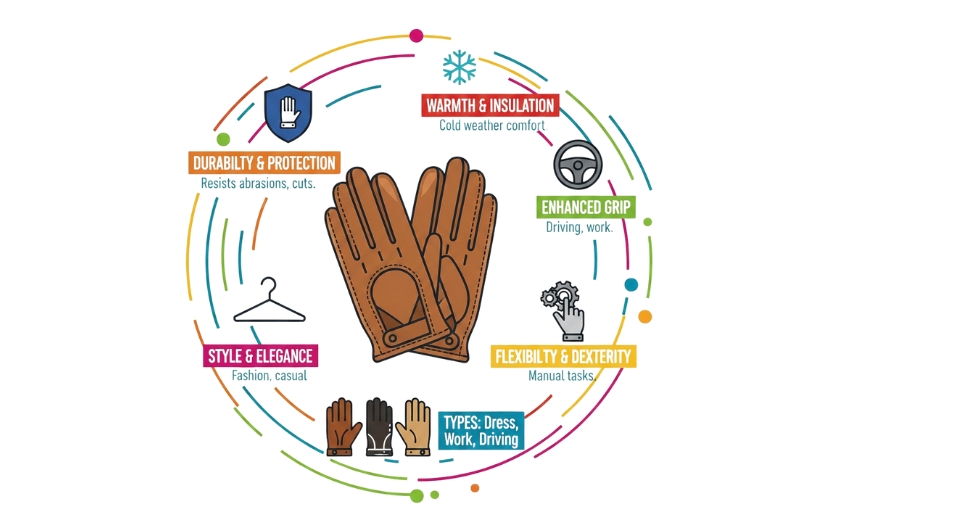
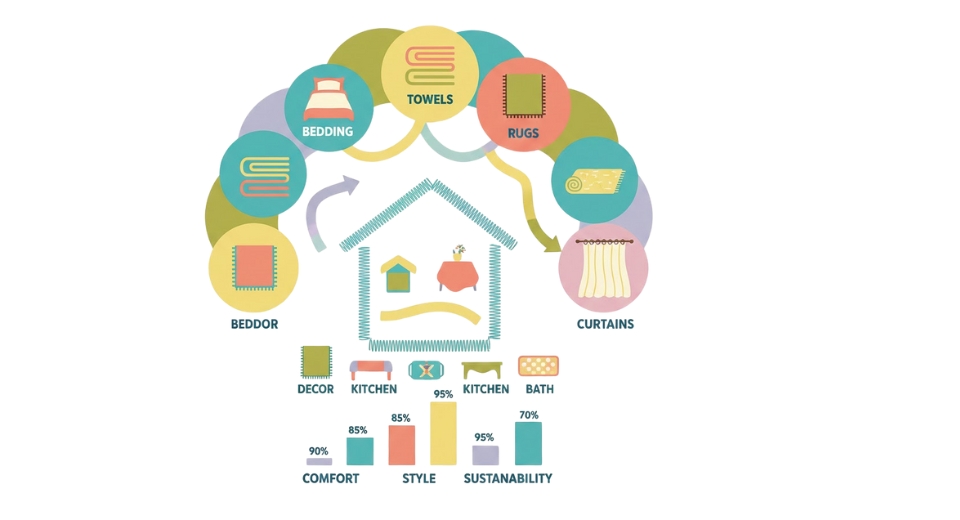

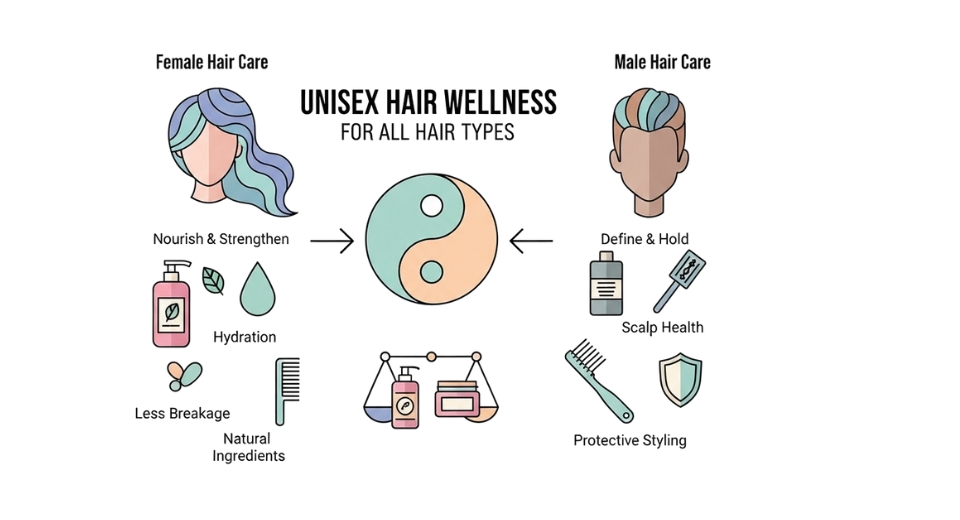

 US: +1 3023308252
US: +1 3023308252






